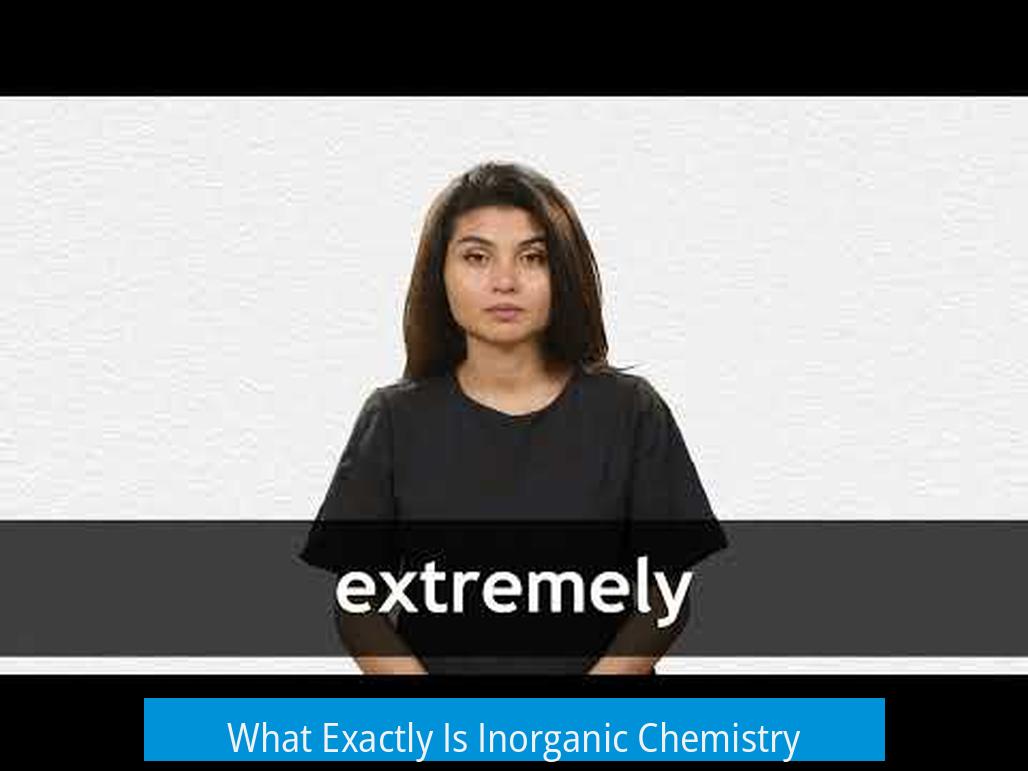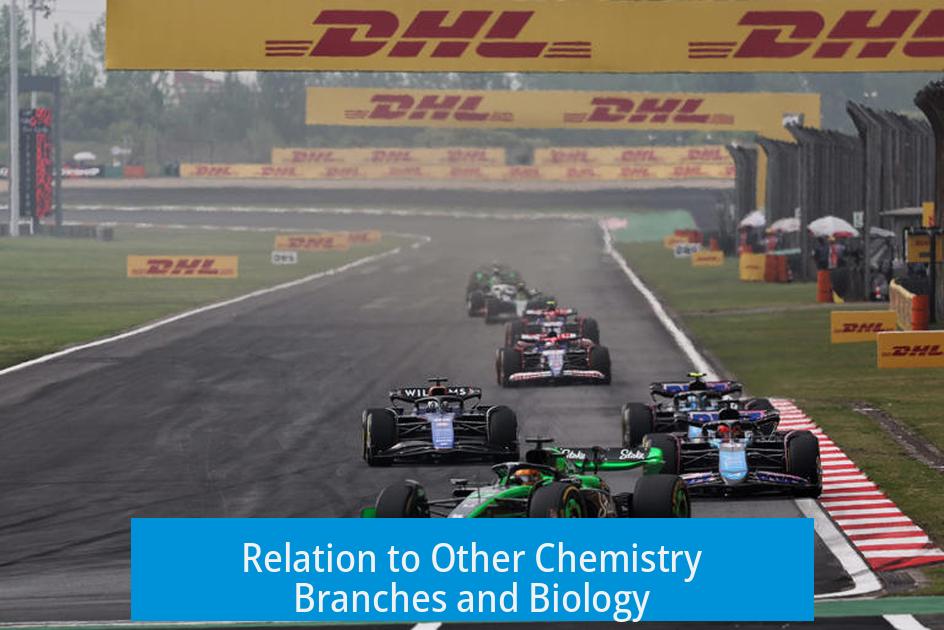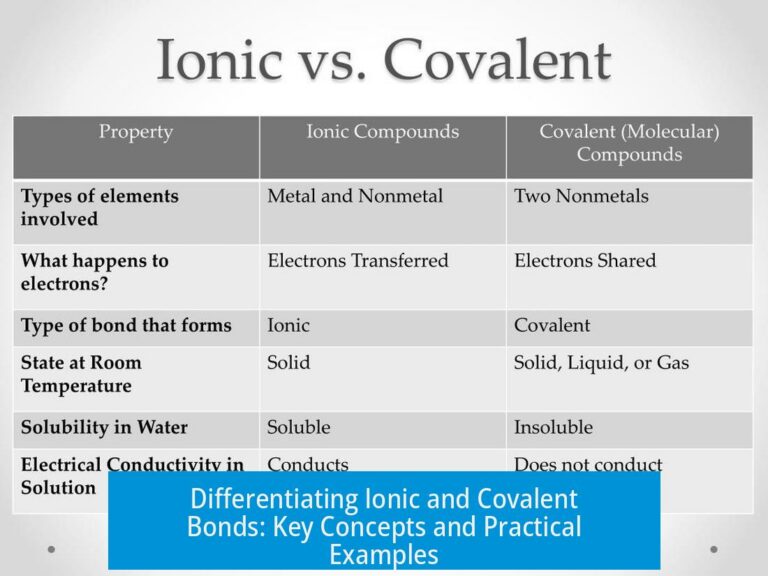What Exactly Is Inorganic Chemistry?

Inorganic chemistry studies the properties and behaviors of inorganic compounds, focusing largely on transition metals, metallic elements, ions, and ionic compounds rather than organic carbon-based molecules. It covers diverse topics such as metallic bonding, lattice structures, electrochemistry, and non-organic carbon forms like graphite.
Definition and Core Focus
Inorganic chemistry primarily explores the interactions of transition metals with organic molecules or other metals. It also involves analyzing metallic elements, numerous ionic compounds, and their complex lattice formations.
Key areas include:
- Metallic and ionic bonding
- Electrochemical properties
- Acid-base chemistry with emphasis on Lewis acids
- Non-organic carbon structures
Scope of Inorganic Chemistry Courses
Typical first courses focus on foundational theory such as atomic orbitals, molecular bonding, and electronic properties without delving deeply into bioinorganic topics. These courses emphasize conceptual understanding over detailed biological applications.
Relation to Other Chemistry Branches and Biology

Inorganic chemistry interfaces with biochemistry, especially where metals and salts play biological roles. However, biological discussions of these elements occur mainly in biochemistry courses. The overlap with biology is less than that found in analytical chemistry.
For those interested in both biology and inorganic chemistry, bioinorganic chemistry offers a specialized research field exploring metal roles in biological systems.
Nature Compared to Other Chemistry Classes
Inorganic chemistry appeals to students who enjoy theory and conceptual reasoning. It contrasts with analytical chemistry, which centers on problem-solving and quantitative analysis, and with organic chemistry, which often involves chemical synthesis.
Inorganic chemistry often requires memorization of concepts related to elements and their compounds. Students choosing between courses should consider their strengths and interests.
Advisory and Practical Considerations
Students should consult faculty and peers to determine the exact content of inorganic chemistry classes offered. For those with biological sciences backgrounds, analytical chemistry may provide more practical skills, especially in instrumentation and statistical analysis.
Key Takeaways
- Inorganic chemistry studies transition metals, ions, and metallic compounds, focusing on their bonding and electronic properties.
- It contrasts with organic and analytical chemistry in content and approach—more conceptual, less quantitative.
- The course generally covers atomic theory, molecular bonding, and acid-base chemistry without significant biological applications early on.
- It intersects with biochemistry through metal roles but primarily differs from biological sciences.
- Students should assess course goals and personal interests before choosing between inorganic and other chemistry classes.





Leave a Comment